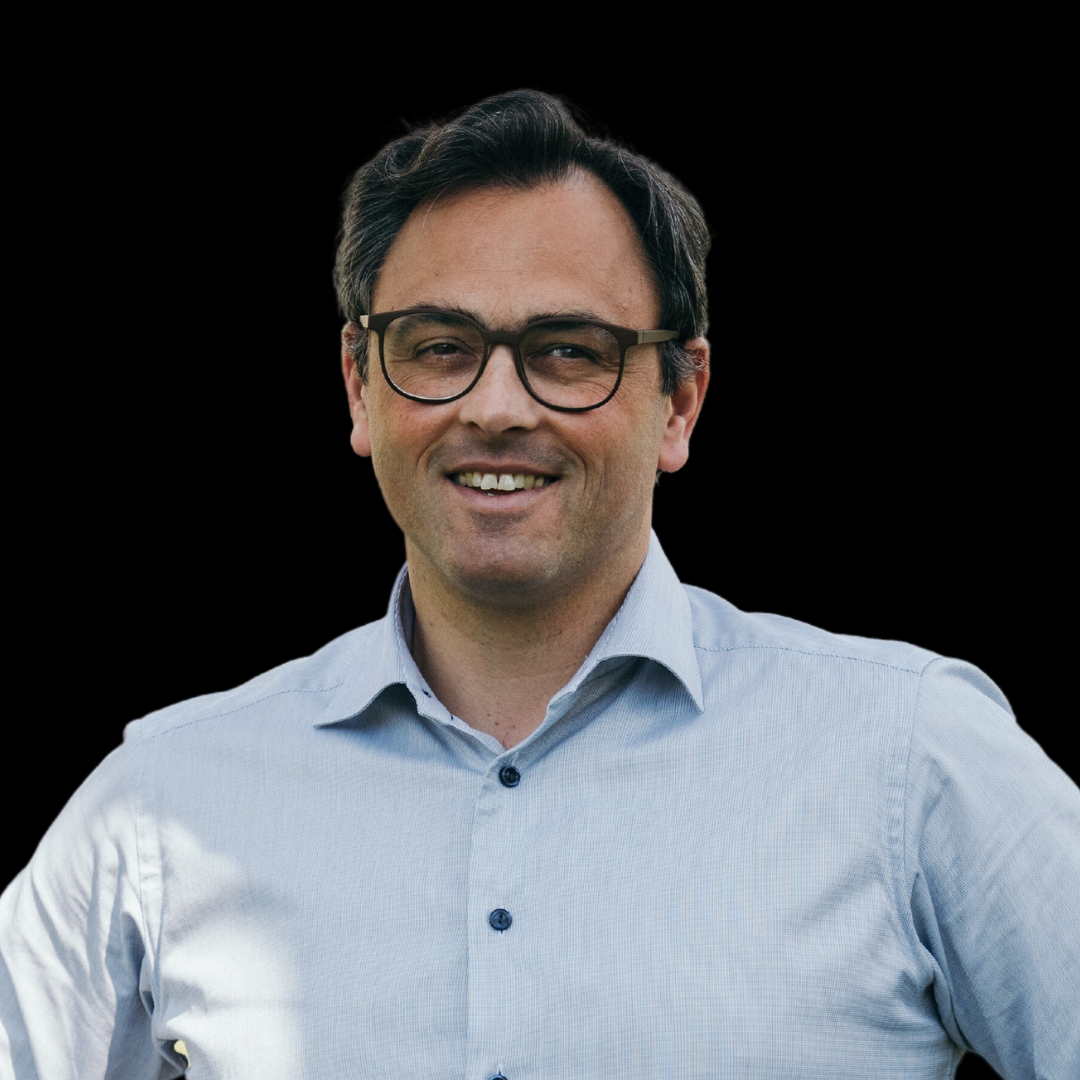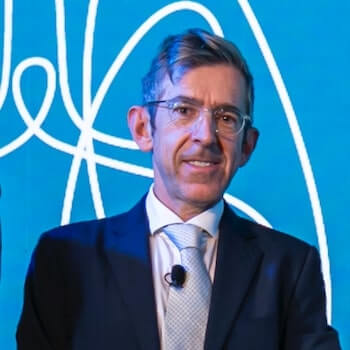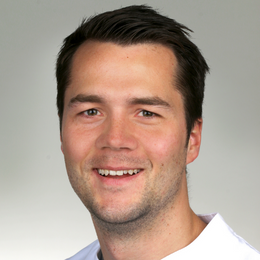
Prof. Dr Christian Karagiannidis – Head of Assembly 2
Q: As Head of Assembly 2, what are you most looking forward to about this year’s ERS Congress?
The best thing about the ERS Congress is that Assembly 2 comes together with lots of fresh ideas, with young and motivated colleagues trying to bring mechanical ventilation forward all over Europe.
Q: What in your opinion will be the hot topics for respiratory intensive care?
The state of the art session of acute respiratory distress syndrome (ARDS) treatment is a real highlight in the programme, since it spans an arc from the clinical basics to the latest research results.
Q: Tell us your top three picks from the congress programme.
1. State of the art session – Respiratory critical care
Tuesday 30 September, 08:30–10:00 CEST
2. Symposium – Nasal high-flow: quo vadis?
Sunday 28 September, 08:30–10:00 CEST
The nasal high-flow therapy symposium is a further highlight, since high-flow therapy has been widely applied in respiratory medicine during recent years and new results of outstanding trials are on the horizon.
3. Expert interview – Challenging physiology: diaphragmatic dysfunction in respiratory failure
Monday 29 September, 10:00–10:25 CEST
This expert interview will highlight the developing deep understanding of diaphragmatic dysfunction in critically ill patients.

Prof. Dr João Carlos Winck – Secretary of Assembly 2
Q: As Secretary of Assembly 2, what are you most looking forward to about this year’s ERS Congress?
I am looking forward to attending the educational sessions conveying the latest research and best practices in patient care, and also participating in lectures involving keynote speakers that normally discuss important topics shaping the future of respiratory medicine.
I will take the opportunity to network with other attendees both in key sessions but also in the parallel social events.
I will also be strolling around the industry exhibition area to explore the latest medical advancements, technologies, and innovations.
Poster presentations will also offer an excellent opportunity for one-on-one discussions with the authors and foster collaboration among attendees.
Q: What in your opinion will be the hot topics for respiratory critical care?
The Guidelines session titled ‘Telemedicine in Home Mechanical Ventilation: What is the evidence and where do we go from here?’; the Symposium ‘Nasal high-flow: quo vadis?’ will be also very promising, and the Journal session ‘Highlights from JAMA’ will cover some of the latest randomised controlled trials on non-invasive respiratory support therapies in acute respiratory failure.
Q: Tell us your top three picks from the congress programme.
1. PG6 Postgraduate course – Advanced skills in non-invasive ventilatory support
Saturday 27 September, 09:30–13:00 CEST
This will be a good opportunity to discuss the best practices in non-invasive respiratory support therapies for patients with acute and chronic respiratory failure; and to review new developments in non-invasive respiratory support therapies (from high-flow nasal oxygen therapy to non-invasive ventilation).
2. Clinical cases – Lungs on fire: Respiratory critical care/Sleep and breathing disorders
Tuesday 30 September, 10:15–11:45 CEST
This is a very popular and dynamic format, where real-life clinical cases are presented as part of an interactive session to define which diagnostic and therapeutic options would be best.
3. Hot topics – Precision medicine in acute respiratory failure: a global challenge
Monday 29 September, 15:30–17:00 CEST
This session will cover the global burden, diagnosis and treatment, the latest insights into ARDS pathophysiology, and the new evidence on immune-modulators.

Prof. Dr Christoph Fisser – Early Career Member (ECM) Representative of Assembly 2
Q: As ECM Representative of Assembly 2, what are you most looking forward to about this year’s ERS Congress?
This year, the congress theme, “Respiratory health around the globe”, perfectly reflects the importance of global collaboration and knowledge exchange in respiratory intensive care medicine. As ECM Representative of Assembly 2, I am particularly looking forward to learning how different healthcare systems tackle challenges in acute respiratory care worldwide, and how we can adapt successful strategies to improve patient outcomes in our own settings. This global perspective is essential to shape future standards of care that are both equitable and evidence-based.
Q: In your opinion, what will be the highlights for ECMs in Assembly 2 during the ERS Congress?
As an ECM, one of the highlights of the ERS Congress is the opportunity to explore the latest developments in respiratory intensive care and to engage with leading experts in the field. I particularly look forward to the hands-on workshops and postgraduate courses, which I can highly recommend to fellow ECMs. These sessions offer practical, directly applicable skills, while the accompanying theoretical lectures provide essential knowledge to support everyday clinical decision-making. With its international focus, the Congress also offers a unique chance to learn how respiratory health challenges are addressed across different healthcare systems around the globe.
Q: Tell us your top three picks from the congress programme.
1. Clinical cases – Lungs on fire: Respiratory critical care/Sleep and breathing disorders
Tuesday 30 September, 10:15–11:45 CEST
A highly engaging session offering hands-on advice for managing challenging cases in everyday practice.
2. State of the art session – Respiratory critical care
Tuesday 30 September, 08:30–10:00 CEST
A must-attend session to stay updated on the most recent advances and innovations in the field.
3. Symposium – Nasal high-flow: quo vadis?
Sunday 28 September, 08:30–10:00 CEST
A thought-provoking session that provides insight into the current and future role of high-flow therapy in critical care settings.

 ERS Respiratory Channel
ERS Respiratory Channel
 ERS Respiratory Channel
ERS Respiratory Channel





